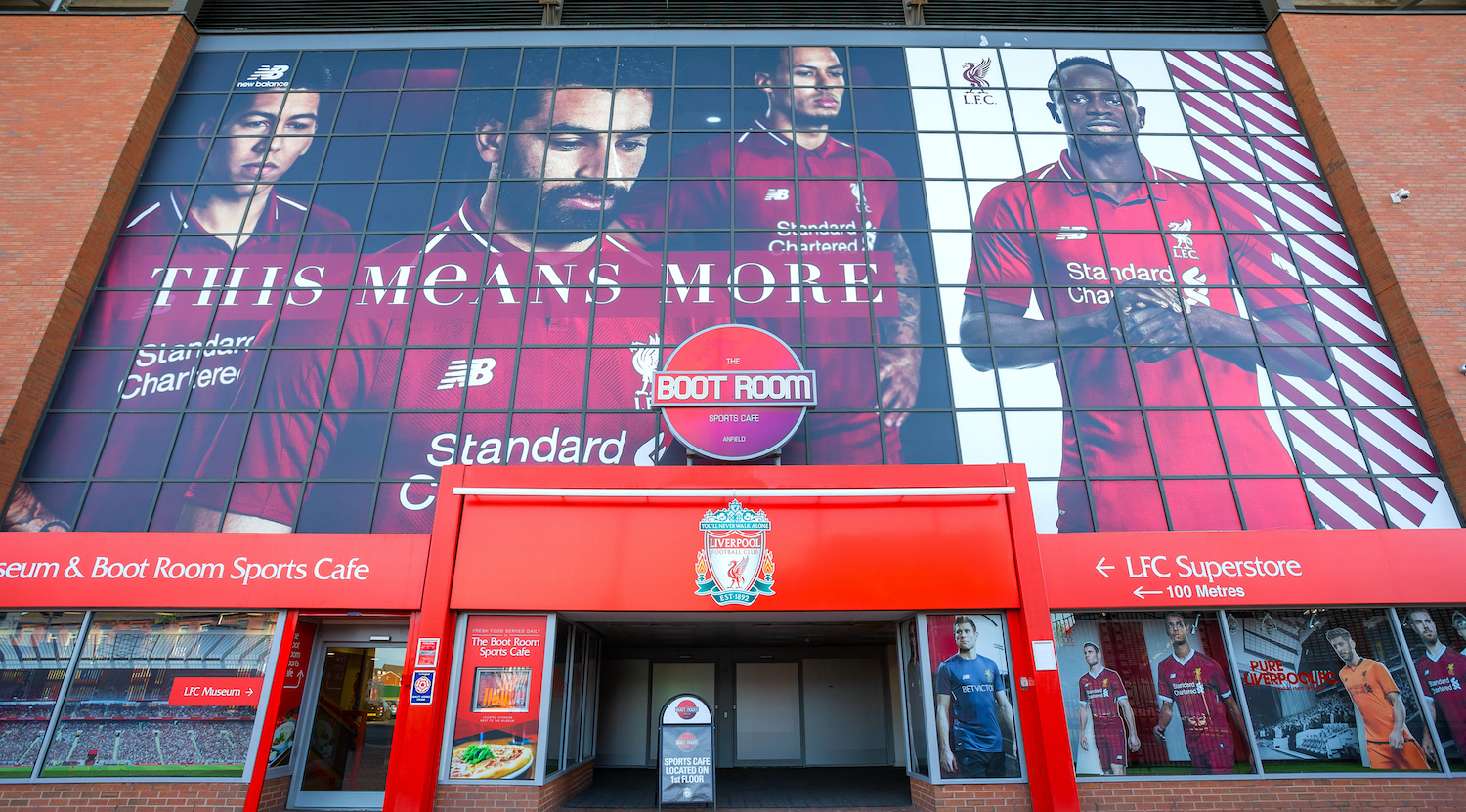Can exposure to celebrities from stigmatized groups reduce prejudice? To address this question, we study the case of Mohamed Salah, a visibly Muslim, elite soccer player. Using data on hate crime reports throughout England and 15 million tweets from British soccer fans, we find that after Salah joined Liverpool F.C., hate crimes in the Liverpool area dropped by 16% compared with a synthetic control, and Liverpool F.C. fans halved their rates of posting anti-Muslim tweets relative to fans of other top-flight clubs. An original survey experiment suggests that the salience of Salah’s Muslim identity enabled positive feelings toward Salah to generalize to Muslims more broadly. Our findings provide support for the parasocial contact hypothesis—indicating that positive exposure to out-group celebrities can spark real-world behavioral changes in prejudice.

2021
American Political Science Review


